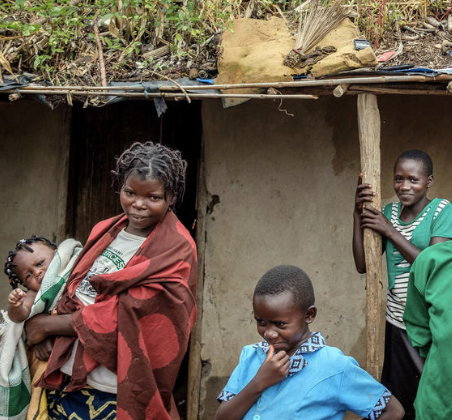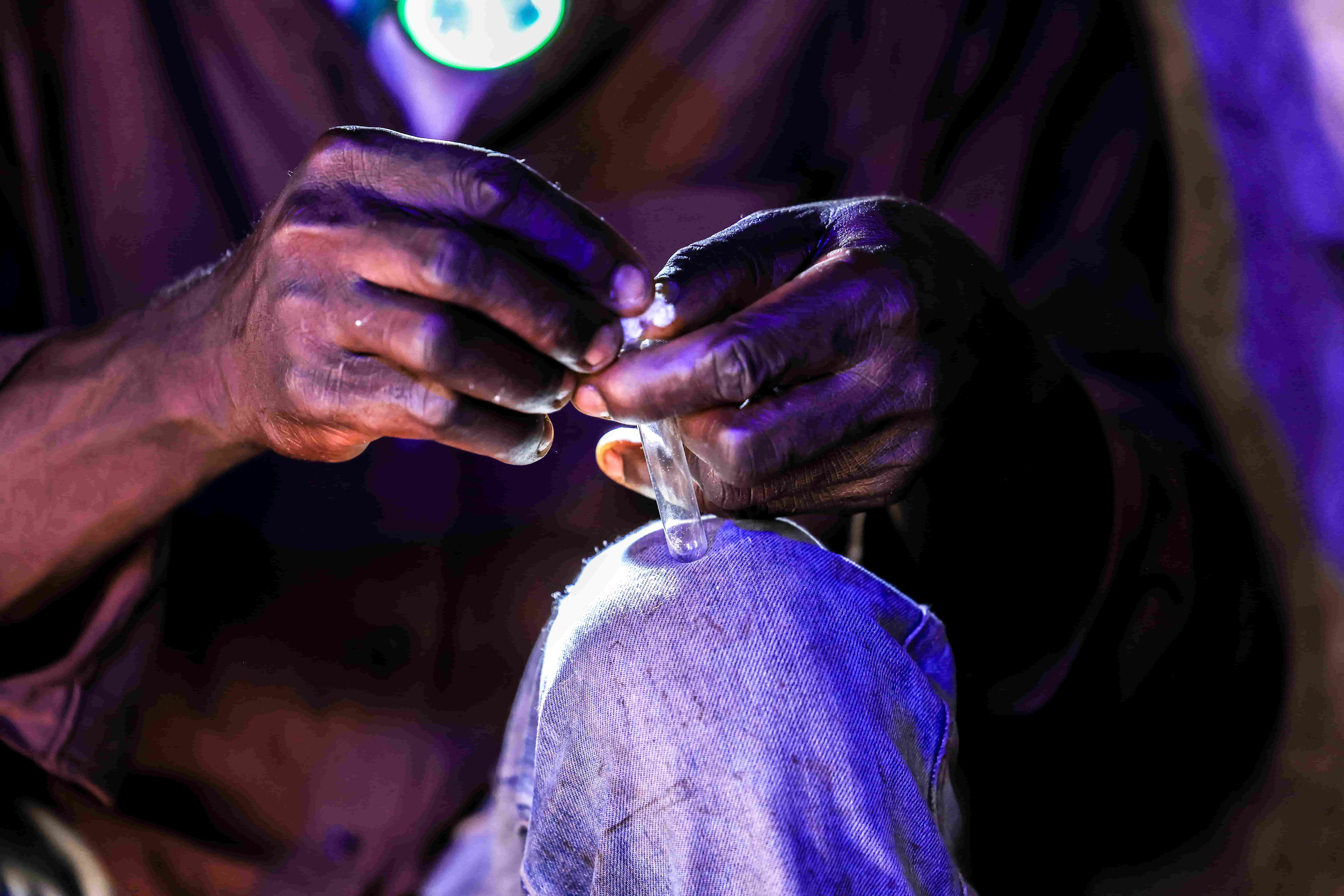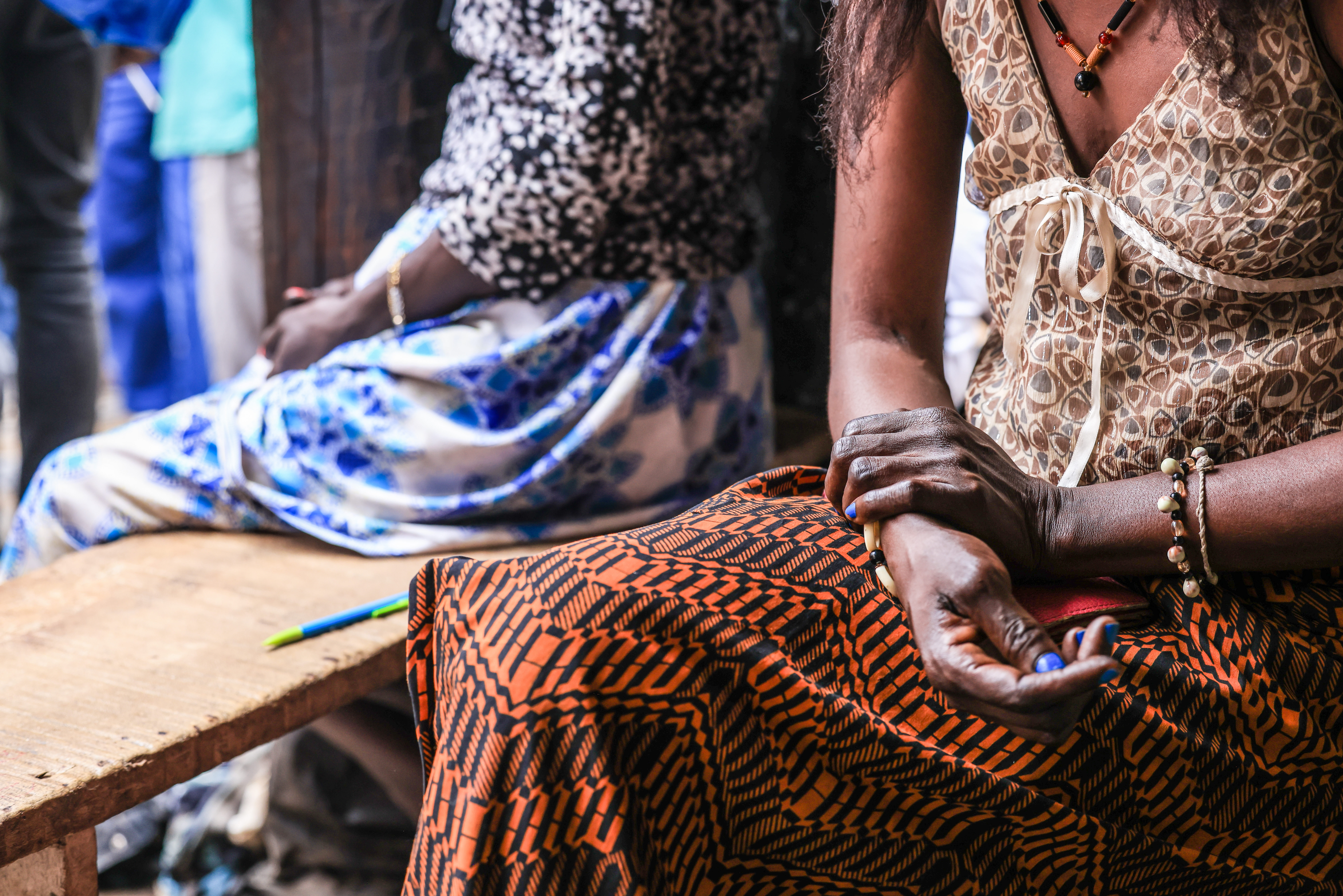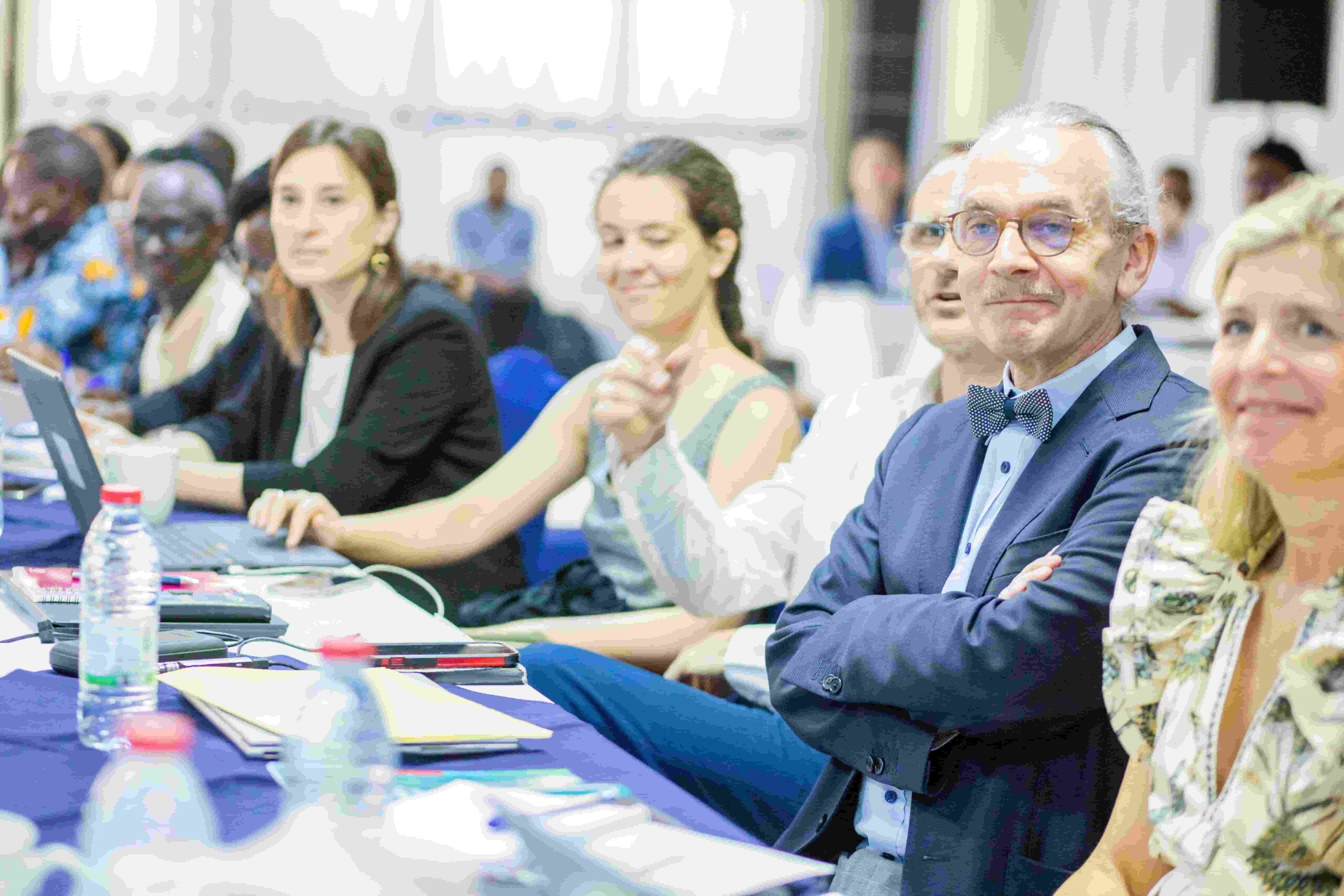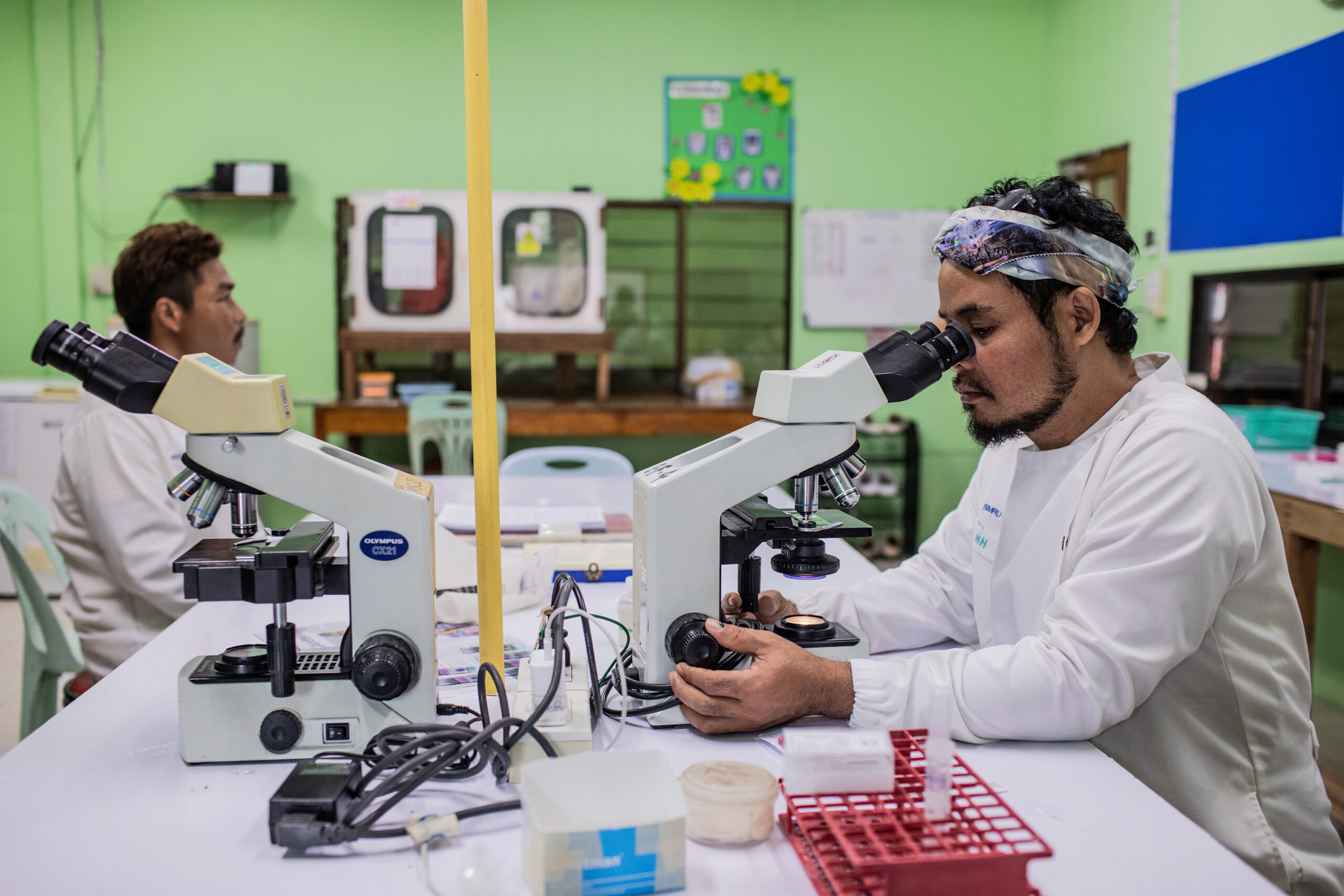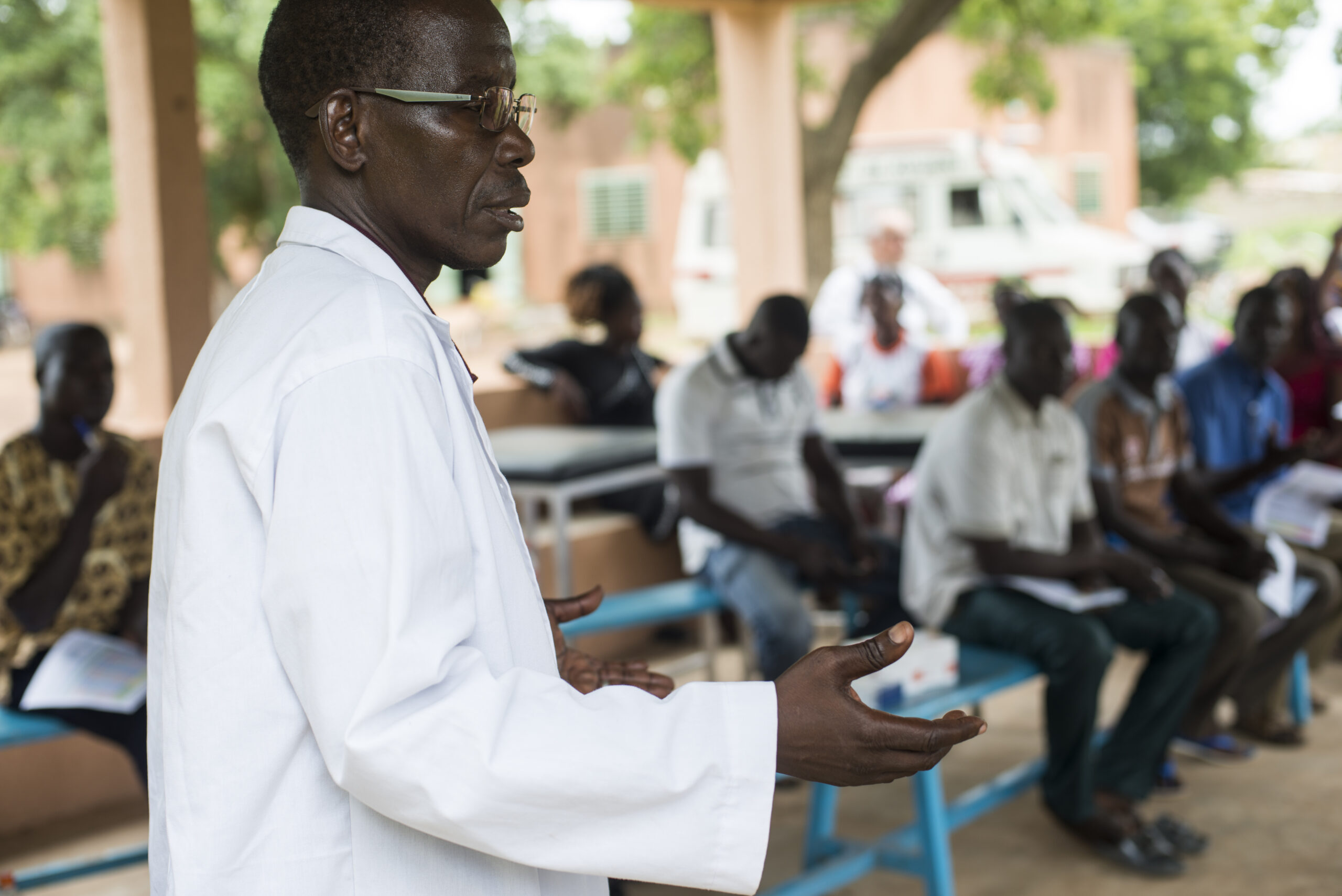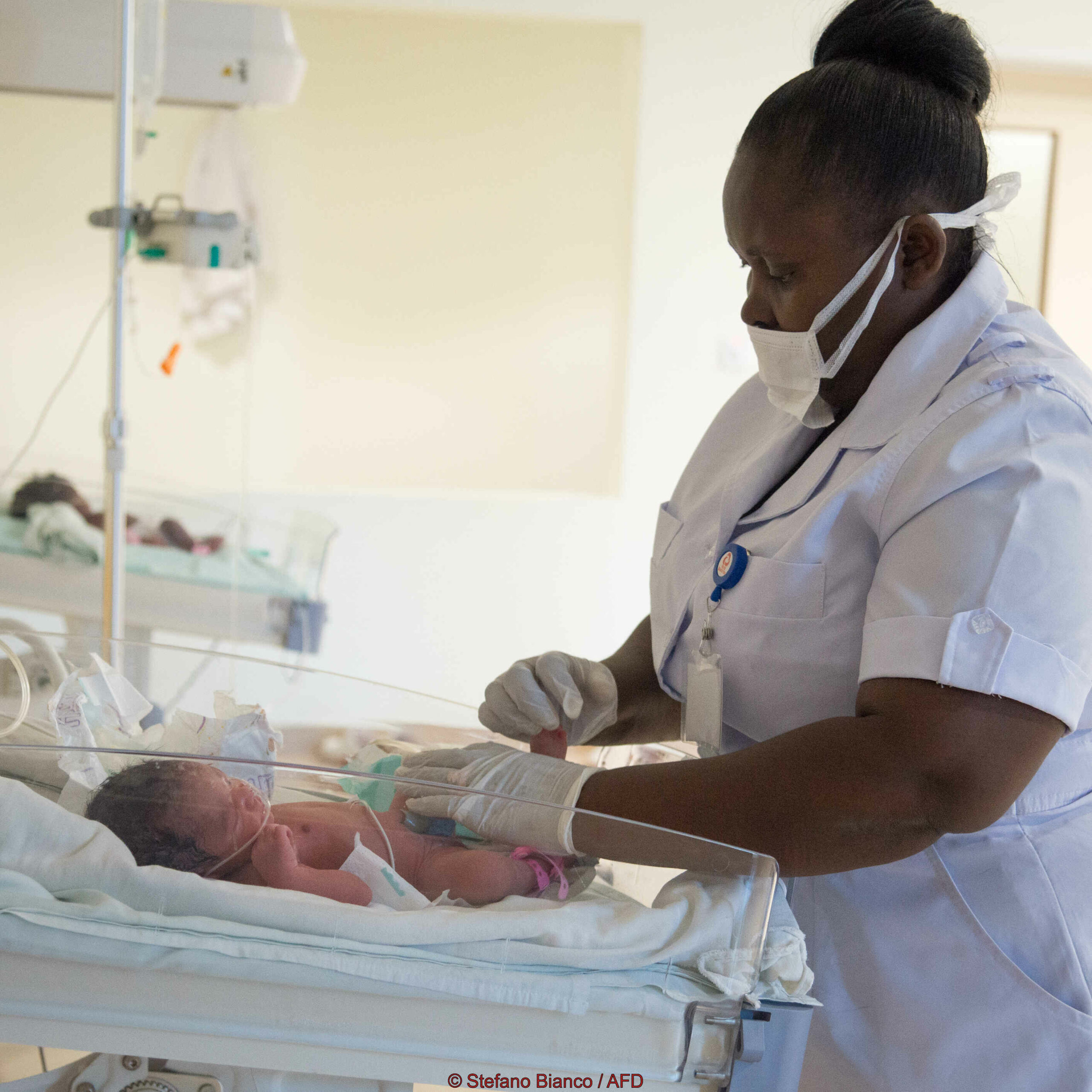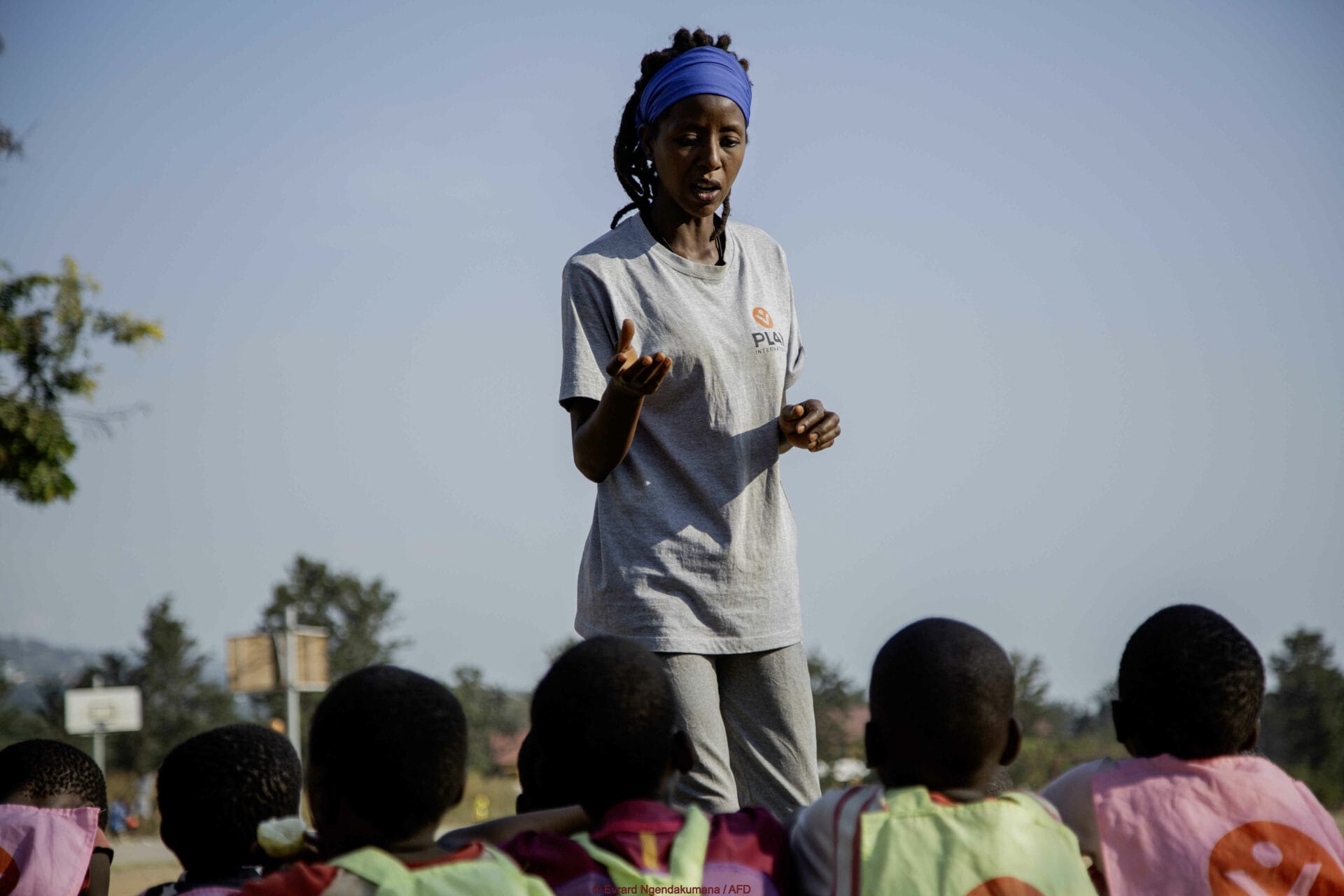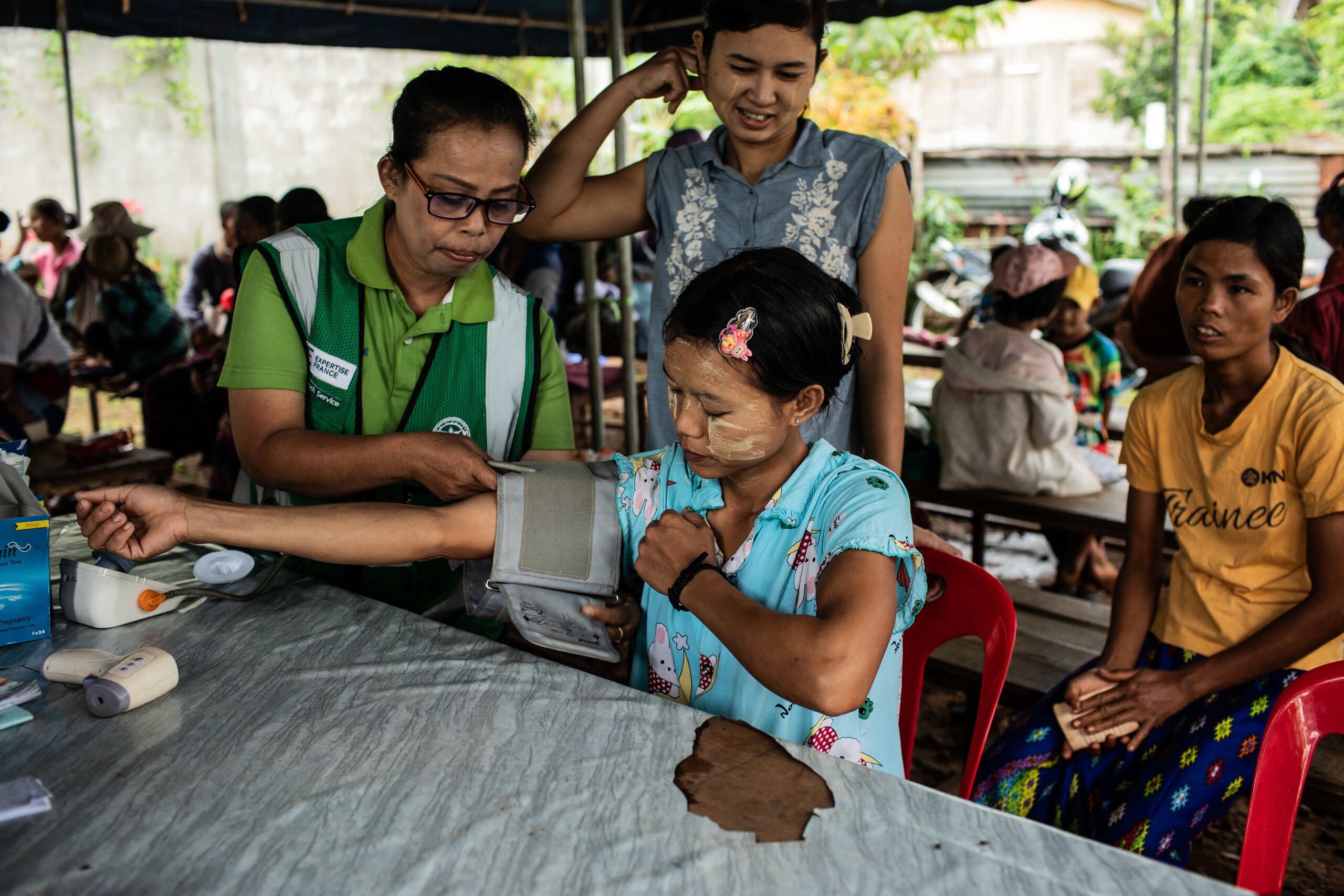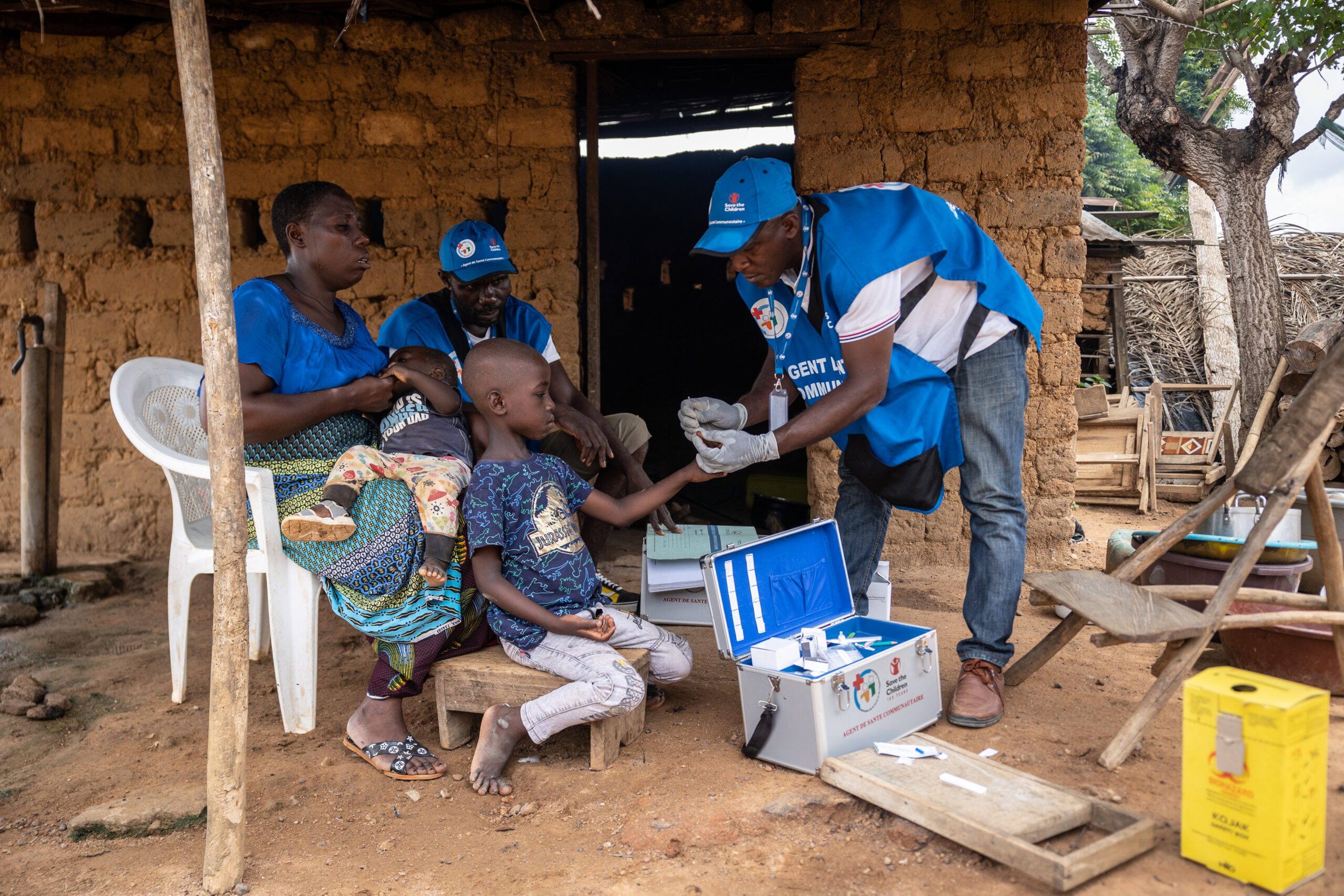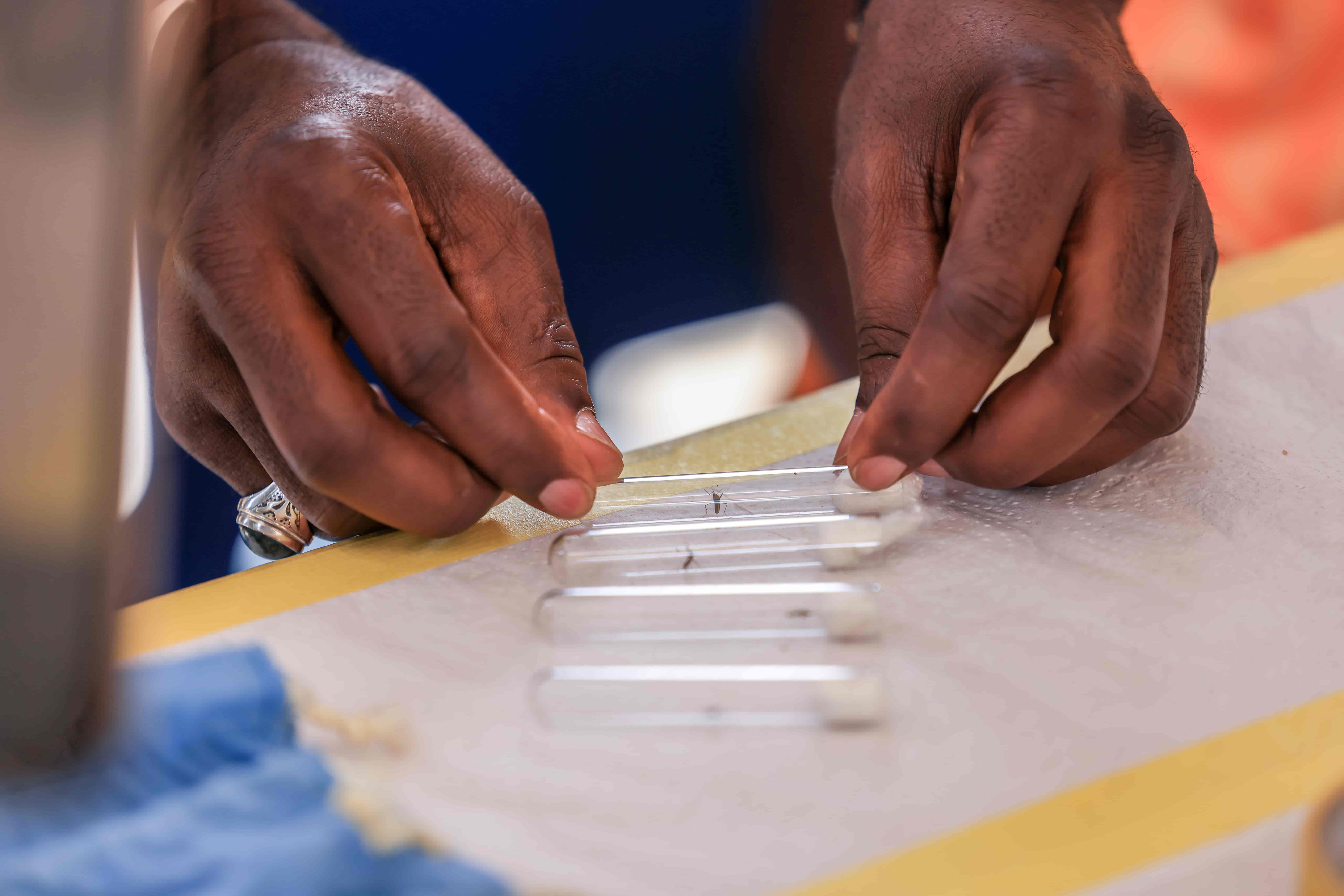Located in Rwanda’s Northern Province, just a few kilometers from the Volcanoes National Park, the INES-Ruhengeri Higher Education Institute will host a five-day training session in early December. The event is designed for decision-makers from National Malaria Control Programs (NMCP)¹. While volcanic eruptions are not the immediate threat, climate change now poses a significant challenge to the effectiveness of malaria responses in certain regions, particularly in sub-Saharan Africa.
Understanding the factors driving malaria resurgence
Despite progress in expanding access to insecticide-treated mosquito nets and medications for malaria prevention and treatment (especially for young children and pregnant women), malaria control efforts have stalled. The latest WHO report confirms that there were 249 million malaria cases worldwide in 2022, 16 million more than the 233 million recorded before the COVID-19 pandemic in 2019².
This setback stems from various factors, including parasite resistance to drugs, mosquito resistance to insecticides, humanitarian crises, funding shortages, and increasingly, the effects of climate change. Changes in temperature and rainfall patterns significantly impact the seasonality, density, distribution, and behavior of malaria vectors. These variations are also redefining the scope of endemic malaria zones, leading to the spread of parasite-carrying mosquitoes into higher altitudes and latitudes previously unaffected², or reintroducing the disease to areas nearing elimination⁴, such as Rwanda.
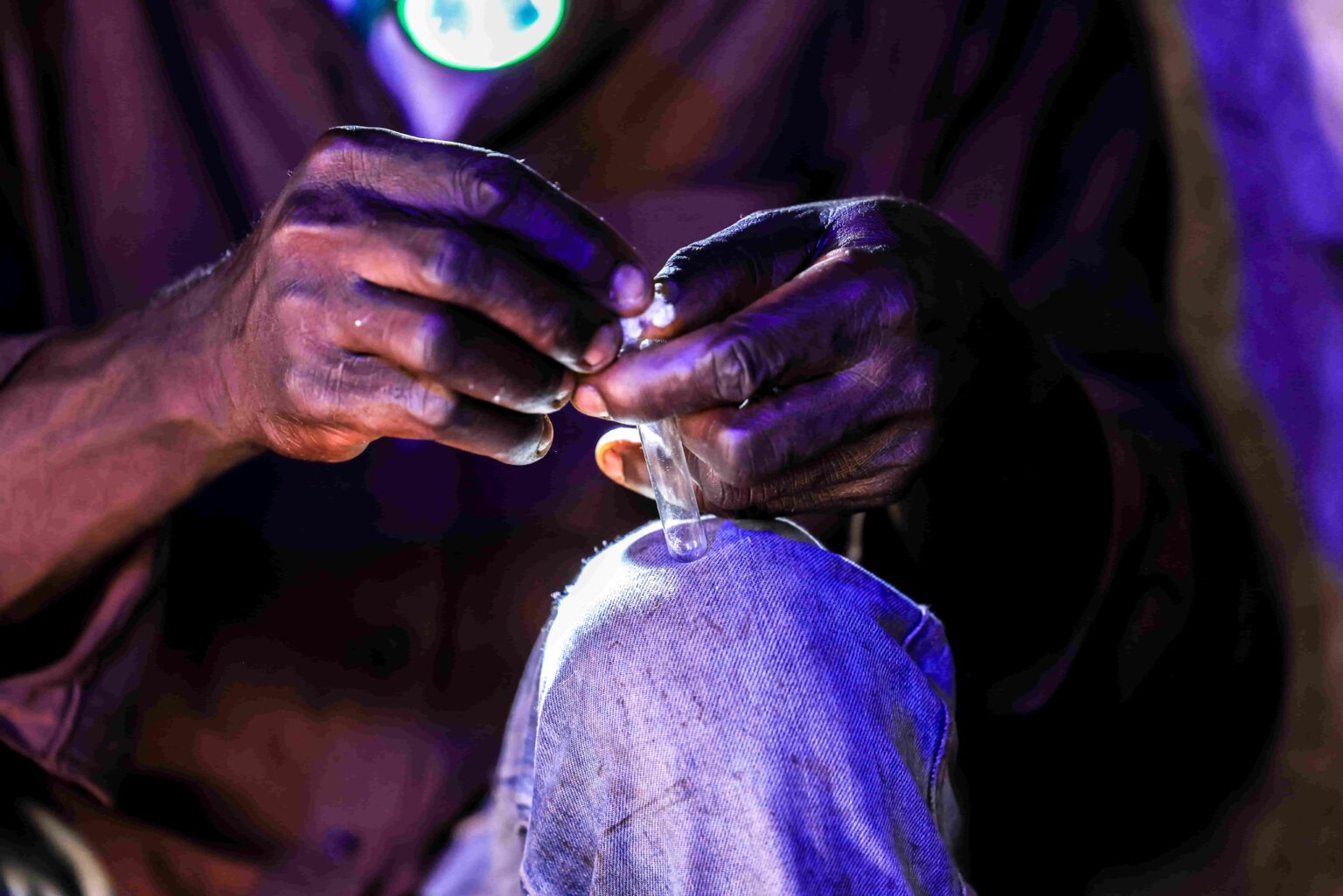
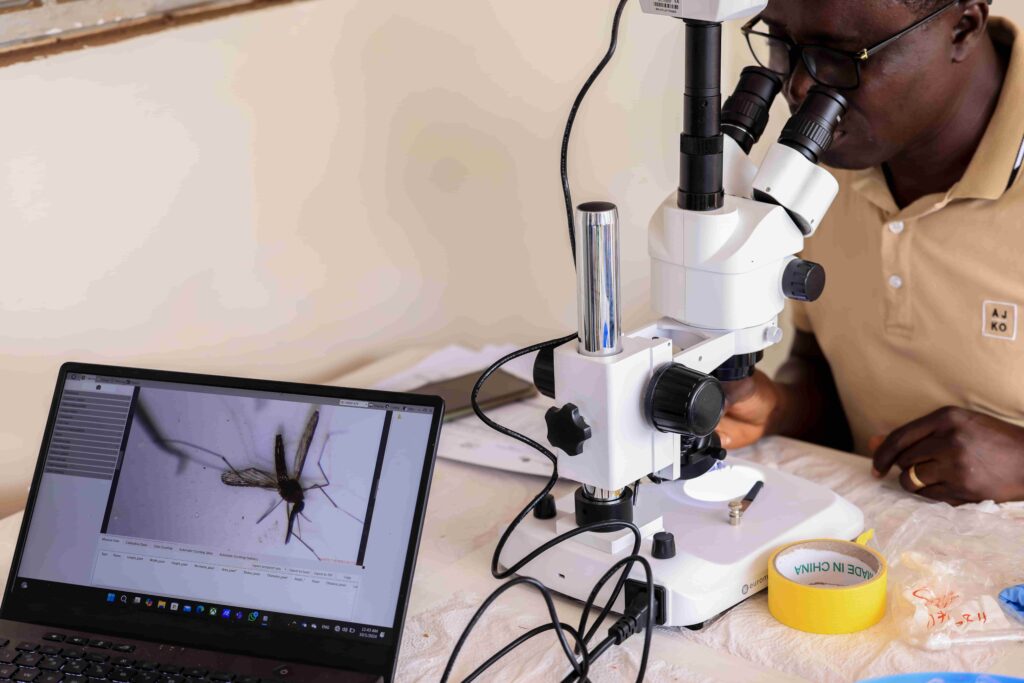
Capture and observation of mosquito vectors as part of the operational research project TrapNet for malaria control in Ivory Coast.
A training to integrate malaria responses into a "One Health" approach
The unprecedented training program “Climate Change and Malaria” training, the first of its kind, aims to help affected countries factor in climate disruptions to enhance their epidemic responses. It is part of the “One Health” approach, which examines health challenges through the interconnected lenses of animal health, human health, and the environment.
19 French-speaking sub-Saharan African countries — Benin, Burundi, Mali, Cameroon, Congo, Ivory Cost, Burkina Faso, Djibouti, Gabon, Guinea, Equatorial Guinea, Madagascar, Mauritania, the Central African Republic, the Democratic Republic of the Congo, Rwanda, Senegal, Chad, and Togo — were invited to nominate two participants each, either from the NMCP or closely collaborating with them, to attend this training funded by L’Initiative.
Over the course of the week, 11 trainers⁵ will focus on interpreting surveillance data, modeling, and examining the direct and indirect impacts of climate change on malaria, with the goal of raising awareness among NMCP.

“It is important for National Malaria Control Programs (NMCP) not only to meet and exchange ideas on this global issue but also to access new tools and recent approaches to strengthen malaria control in the context of climate change,” Jane Deuve, Coordinator for scientific animation and promotion at L’Initiative
Much like the tuberculosis research masterclass organized a year earlier with the Cameroon Pasteur Center, the training will emphasize multidisciplinary approaches. Topics will include surveillance, entomology, meteorology, modeling, research methodologies, and multisectoral approaches. This dedicated time will also facilitate experience-sharing and experimentation through country testimonies and practical exercises, particularly in modeling, which is crucial for epidemiological surveillance.
Designed to address the long-term challenges posed by climate change, the training aims to create opportunities for cross-border collaboration once participants return to their respective countries. This includes fostering partnerships between malaria programs and meteorological services and integrating environmental indicators into the DHIS2 health information system. Additionally, NMCP will be able to seek support from L’Initiative through technical assistance, project funding, or resources from L’Accélérateur to bolster their malaria response strategies.
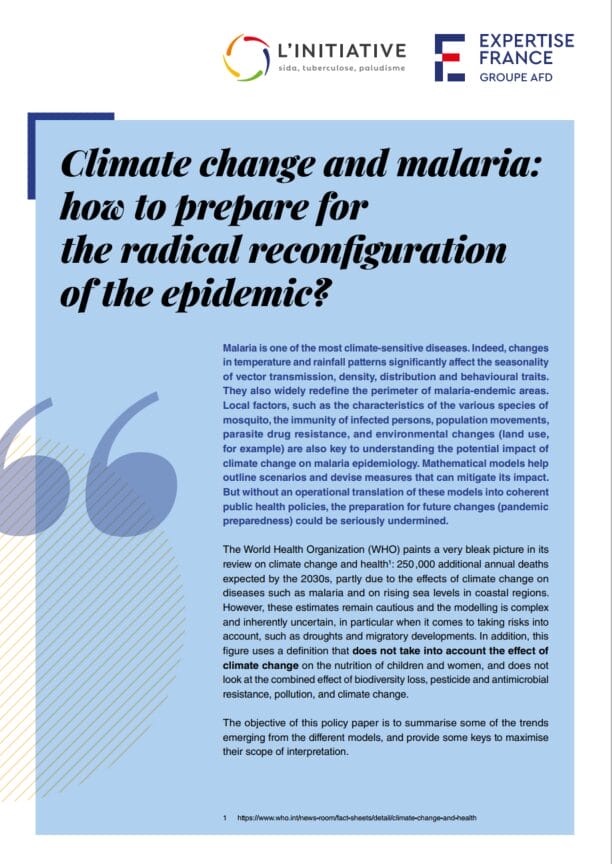
Climate change and malaria: how to prepare for the radical reconfiguration of the epidemic?
L’Initiative aims to align its reflections with the “One Health” approach. A policy brief has been drafted in this regard to outline initial avenues for understanding the impact of climate
Training organized with the support of a scientific committee composed of:
– Dr. Corinne Merle, TDR – (Special Programme for Research and Training in Tropical Diseases, co-sponsored by WHO, UNICEF, the World Bank, and UNDP).
– Dr. André-Marie Tchouatieu, Director of Access and Product Management at Medicines for Malaria Venture (MMV).
– Dr. Emmanuel Hakizimana, Director of Vector Control at the Rwanda Biomedical Center (RBC).
– Prof. Jean-Louis Ndiaye, Medical Doctor, Lecturer-Researcher, and Professor of Parasitology at the University of Thiès, Senegal.
– Dr. Corine Karema, Director of Malaria and NTD Control at Quality & Equity HealthCare in Rwanda.
– Olivia Ngou, Executive Director of Impact Santé Afrique (ISA) and Coordinator of the International Civil Society Platform for Malaria Elimination (CS4ME).
– Laura Anderson, Technical Officer, Global Malaria Programme, WHO.- https://www.who.int/publications/i/item/9789240086173
- Parham P. E. & Michael, E. Modeling the effects of weather and climate change on malaria transmission. Environmental health perspectives, 118(5), 620-626. (2010)
- who.int/news-room/feature-stories/detail/It-was-just-the-perfect-storm-for-malaria-pakistan-responds-to-surge-in-cases-following-the-2022-floods
- The trainers come from the following institutions: Centre international de physique théorique (ICTP)-Trieste-Italie, Université de Thiès-Sénégal, MMV, TDR-OMS, Swiss Tropical And Public Health Institute (Swiss TPH), MoH Cambodge, IRD, Université Cheikh Ata Diop-Dakar-Sénégal, CS4ME, Institut Pasteur de Madagascar, Rwanda Biomedical Center.
